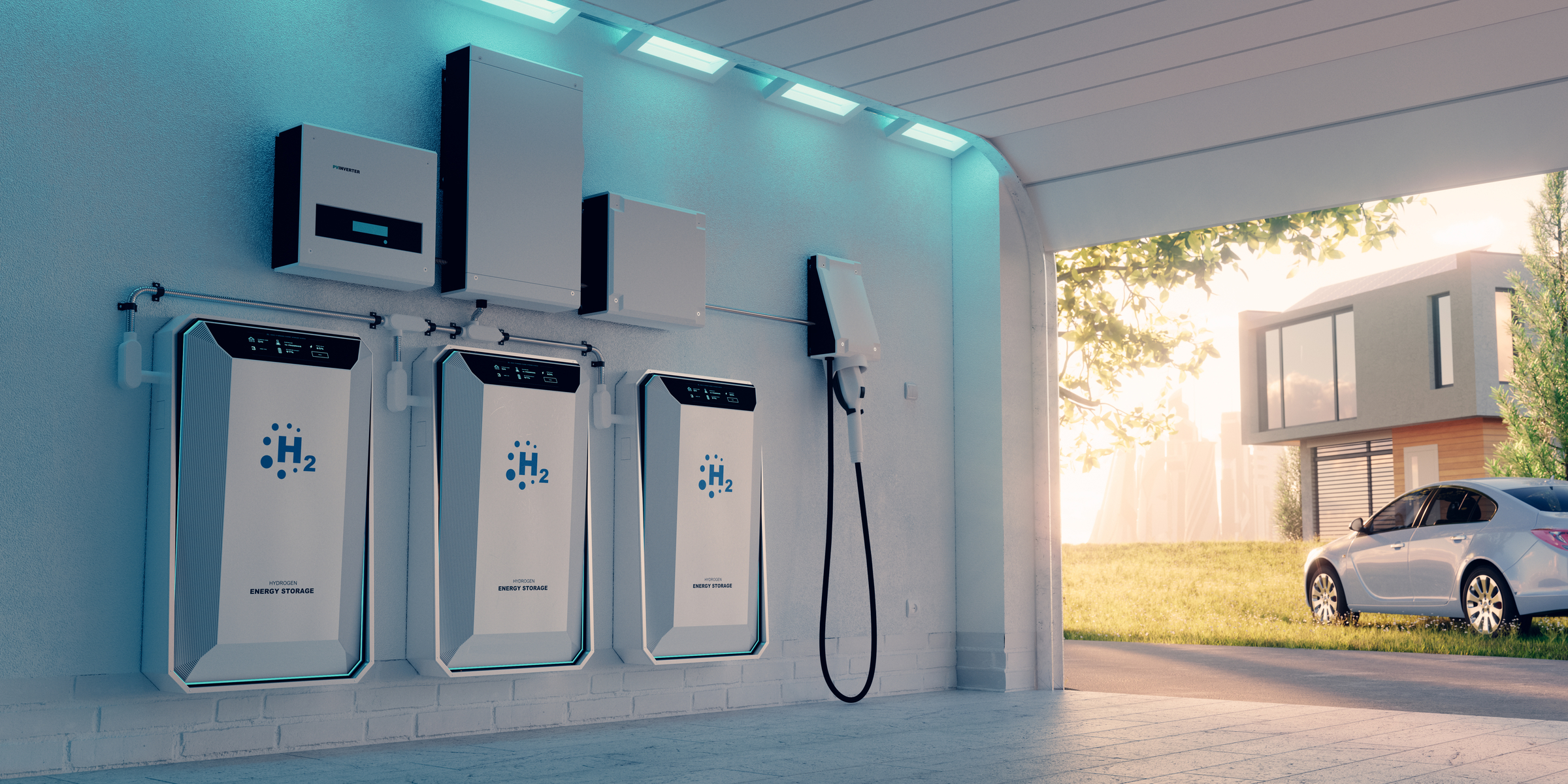Future Research

We proactively plan to conduct safety science research on new and emerging energy technologies. Read more about our future projects below.
Digital Twin Model for Battery Prognostics with NASA Johnson Space Center
This work aims to create a digital twin model of the cells to estimate battery life and optimize cell parameters for safe operation. ESRI is collaborating with the Energy Systems Test Area (ESTA) to conduct long-term cycle aging studies on commercial lithium-ion cells from different manufacturers for this test.
Characterization of Performance of Commercial Lithium-ion Cells (ESRI internal study)
This project aims to study the performance of commercial 21700 lithium-ion cells. Cycle life tests will be performed and analyzed under different C-rate conditions and temperatures.